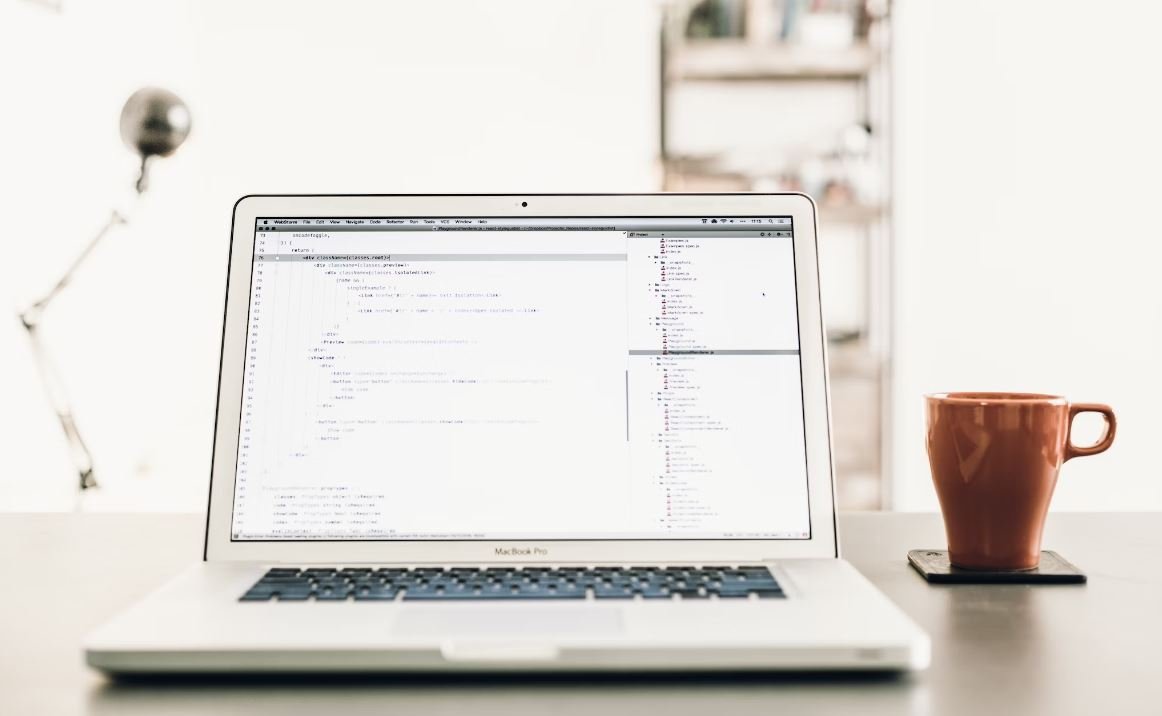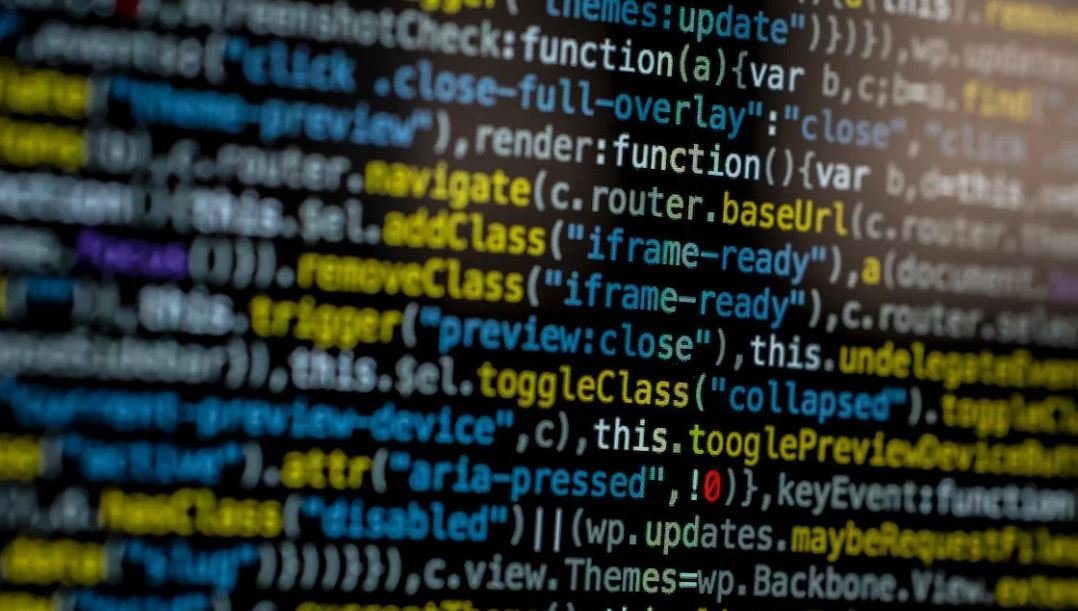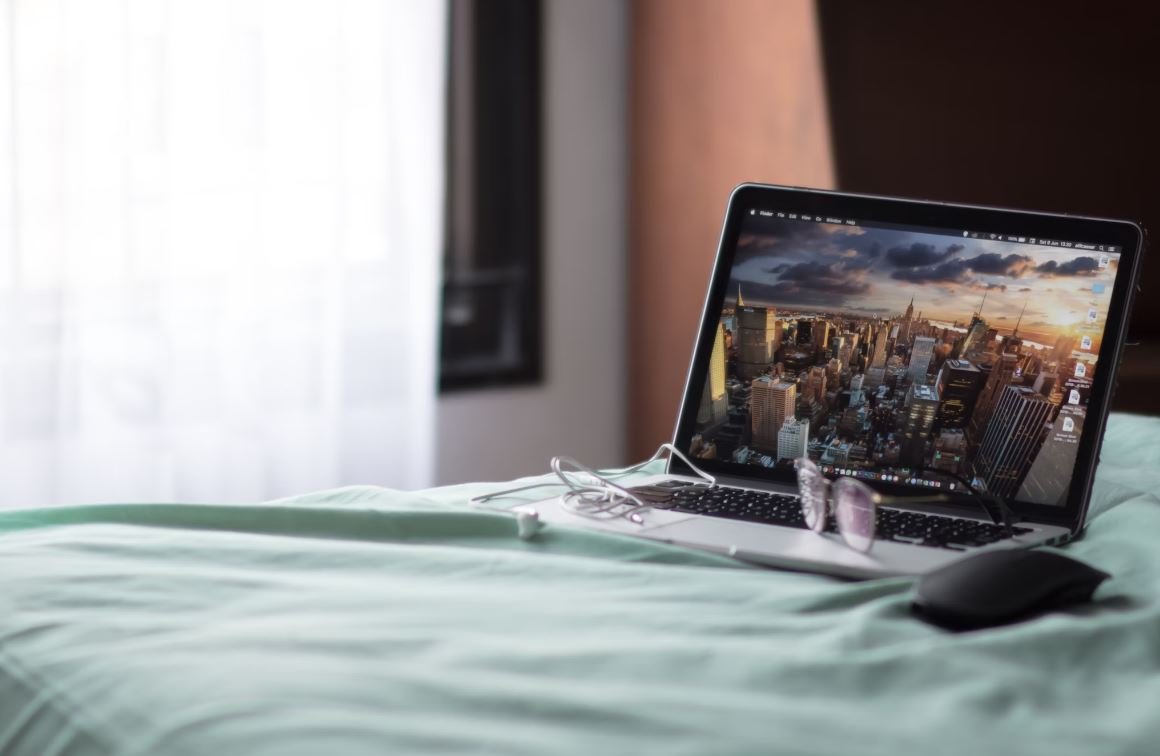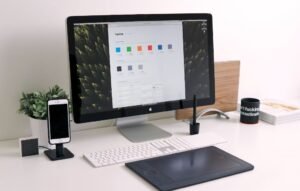App Meaning Medical
An app, short for application, is a software program designed to perform specific tasks on mobile devices, such as smartphones and tablets. With the increasing integration of technology in healthcare, medical apps have become valuable resources for both patients and healthcare professionals. These apps can assist with various medical tasks and provide a wealth of information related to healthcare.
Key Takeaways:
- Apps, or applications, are software programs designed for mobile devices.
- Medical apps have become vital tools for patients and healthcare professionals.
- These apps assist with medical tasks and offer valuable healthcare information.
Medical apps serve a multitude of purposes, ranging from providing educational resources to helping healthcare professionals with patient management and decision-making. Patients can use medical apps to track their health conditions, receive medication reminders, access educational materials, and even consult with healthcare providers remotely. Healthcare professionals utilize medical apps for tasks like accessing medical databases, calculating dosages, and staying updated on the latest research findings and clinical guidelines.
Medical apps are often categorized into different types based on their intended use. Some common types of medical apps include:
- Diagnostic apps: These apps help users assess symptoms and provide potential diagnoses based on the information provided.
- Monitoring apps: Designed to track and monitor specific health parameters such as heart rate, blood pressure, glucose levels, and sleep patterns.
- Educational apps: Provide users with medical knowledge, information about diseases, treatment options, and healthy lifestyles.
- Telemedicine apps: Enable remote consultations between patients and healthcare providers through video calls or messaging.
- Reference apps: Allow healthcare professionals to access medical databases, drug information, and treatment guidelines.
Utilizing medical apps offers numerous benefits. For patients, these apps provide a convenient and accessible way to manage their health. They can keep track of medications, appointments, and symptoms more efficiently with the help of reminders and logs. Medical apps can also empower patients by providing educational resources and enabling them to take an active role in their healthcare.
For healthcare professionals, medical apps can enhance productivity and improve patient care. These apps facilitate quick access to medical databases, drug information, and clinical guidelines, saving time and avoiding potential errors. Physicians can review medical journal articles, participate in virtual conferences, and collaborate with colleagues worldwide. By incorporating medical apps into their workflow, healthcare professionals can make more informed decisions and provide better patient care.
Medical App Usage Statistics
| Statistic | Value |
|---|---|
| Number of Health Apps Available | Over 318,000 |
| Number of Health App Downloads in 2020 | 1.4 billion |
| Estimated Annual Revenue of the Medical App Market in 2022 | $11.2 billion |
In today’s digital age, the use of medical apps has exponentially grown. The availability of over 318,000 health apps reflects the increasing demand among users. In 2020 alone, health app downloads reached a staggering 1.4 billion, showcasing the widespread adoption of these tools. Moreover, the growth of the medical app market is evident with an estimated annual revenue of $11.2 billion projected for 2022.
Challenges and Future Innovations
While medical apps bring numerous benefits, they also come with certain challenges. One significant concern is the quality and accuracy of the information provided. As with any online resource, it is essential to ensure that the app’s content is from reputable sources and backed by scientific evidence.
Furthermore, privacy and security are major concerns when dealing with medical apps. Personal health information must be protected to maintain patient confidentiality and comply with regulations such as the Health Insurance Portability and Accountability Act (HIPAA).
Looking forward, the future of medical apps is promising. New technologies like artificial intelligence (AI) and virtual reality (VR) are being integrated into medical apps to revolutionize healthcare. AI-powered diagnostic apps can assist in accurately diagnosing diseases, while VR can aid in physical therapy and pain management. As technology continues to advance, so does the potential for innovative medical app solutions.
Wrap-up
Medical apps have become indispensable tools for patients and healthcare professionals in the digital era. These apps provide a wide range of benefits, from empowering patients to improving clinical workflows and patient care. As the popularity and usage of medical apps continue to soar, it is crucial to prioritize accuracy, security, and patient privacy while embracing future innovations and advancements in the field of healthcare technology.

Common Misconceptions
App Meaning Medical
There are several misconceptions that people have about medical apps. These misconceptions often lead to inaccurate beliefs and misunderstandings about the capabilities and reliability of these applications.
1. Medical apps are simply for entertainment purposes: One common misconception is that medical apps are only meant for entertainment purposes and do not provide any real medical value. However, medical apps are designed to provide valuable information and resources to users, such as symptom tracking, medication reminders, and access to reliable medical databases.
- Medical apps offer real-time symptom tracking and monitoring.
- They provide access to reliable medical databases and sources.
- They can assist in managing medication schedules and reminders.
2. Medical apps can replace doctors: Another misconception is that medical apps can replace the need for doctors. While these apps can provide valuable information and aid in self-diagnosis, they cannot replace the knowledge and expertise of a qualified medical professional. Medical apps should be used as a supplement to, not a replacement for, proper medical care.
- Medical apps should be seen as complementary tools to healthcare providers.
- They can help users gather information to have more informed discussions with doctors.
- They offer a convenient source of general health-related information.
3. All medical apps are trustworthy: It is a common misconception that all medical apps available in app stores are trustworthy and reliable. However, not all apps go through rigorous verification processes, and some may contain inaccurate or misleading information. It is essential for users to do thorough research and check the credibility of an app before relying on it for medical advice.
- Users should check the app’s reviews, ratings, and developer information before trusting its content.
- Look for medical apps developed by reputable healthcare organizations or from reliable sources.
- Verify the accuracy of the information provided within the app by cross-referencing with other reputable sources.
4. Using medical apps compromises privacy: Some individuals mistakenly believe that using medical apps poses a threat to their privacy. While it is crucial to be mindful of the privacy settings and permissions granted to an app, reputable medical apps prioritize user privacy and employ industry-standard encryption methods to protect sensitive information.
- Select apps that have clear privacy policies and adhere to international data protection standards.
- Review and adjust privacy settings to fit personal preferences and comfort level.
- Be cautious about sharing personal health information in unsecured or suspicious apps.
5. Medical apps are only for the tech-savvy: There is a misconception that medical apps are only suitable for tech-savvy individuals. In reality, many medical apps are designed to be user-friendly and accessible to individuals with varying levels of technological proficiency. Developers understand the importance of creating intuitive interfaces and providing clear instructions for all users.
- Many medical apps have simple and intuitive interfaces, making them accessible to users of all technological backgrounds.
- App developers often prioritize user experience and provide clear instructions and tutorials for app usage.
- Support and assistance options are available for users who may require additional help navigating the app.

Mobile Apps for Managing Medical Conditions
Recent advancements in technology have revolutionized the way we approach healthcare. From fitness tracking to symptom management, mobile apps have become powerful tools for individuals to take charge of their medical conditions. The following tables showcase some fascinating statistics and compelling insights related to medical apps and their impact.
Benefits of Medical Apps
Medical apps offer numerous advantages to users, ranging from improved accessibility to enhanced treatment outcomes. The table below illustrates the top five benefits of using medical apps:
| Benefit | Percentage of Users |
|---|---|
| Access to health information | 85% |
| Medication tracking | 79% |
| Symptom monitoring | 73% |
| Appointment reminders | 68% |
| Diet tracking | 62% |
Popularity of Medical Apps
The increasing proliferation of smartphones has led to a surge in the popularity of medical apps. The table below highlights the number of medical app downloads worldwide:
| Year | Number of Downloads (in billions) |
|---|---|
| 2016 | 2.8 |
| 2017 | 3.8 |
| 2018 | 4.6 |
| 2019 | 6.4 |
| 2020 | 8.9 |
Most Commonly Used Types of Medical Apps
The medical app market is diverse, catering to a wide range of conditions and needs. The table below showcases the most prevalent types of medical apps used by individuals:
| Type of Medical App | Percentage of Users |
|---|---|
| Fitness and nutrition trackers | 42% |
| Mental health apps | 36% |
| Chronic disease management | 29% |
| Sleep improvement apps | 24% |
| Women’s health apps | 19% |
Effectiveness of Medical Apps in Disease Management
The use of medical apps has demonstrated remarkable efficacy in assisting individuals with disease management. The table below presents the improvement percentages reported by users:
| Disease | Improvement Percentage |
|---|---|
| Hypertension | 67% |
| Diabetes | 54% |
| Anxiety | 71% |
| Depression | 61% |
| Insomnia | 78% |
Demographics of Medical App Users
Medical apps are utilized by diverse populations, with varying demographic characteristics. The table below represents the distribution of medical app users by age group:
| Age Group | Percentage of Users |
|---|---|
| 18-24 | 31% |
| 25-34 | 44% |
| 35-44 | 18% |
| 45-54 | 6% |
| 55+ | 1% |
Medical App Usage by Gender
Gender plays a role in medical app usage patterns. The table below illustrates the distribution of medical app users by gender:
| Gender | Percentage of Users |
|---|---|
| Male | 38% |
| Female | 62% |
Geographical Adoption of Medical Apps
The adoption of medical apps varies across geographical regions. The table below displays the top five countries with the highest number of medical app downloads:
| Rank | Country | Number of Downloads (in millions) |
|---|---|---|
| 1 | United States | 790 |
| 2 | China | 358 |
| 3 | India | 248 |
| 4 | Brazil | 143 |
| 5 | Russia | 106 |
Investment in Medical App Development
With the growing demand for medical apps, investment in their development has increased significantly. The table below demonstrates the investment amounts in medical app startups during the past five years:
| Year | Investment Amount (in millions) |
|---|---|
| 2016 | 179 |
| 2017 | 246 |
| 2018 | 371 |
| 2019 | 563 |
| 2020 | 764 |
From the widespread benefits of medical apps to the growing investment in their development, these tables demonstrate the immense impact that mobile apps hold in the field of healthcare. By empowering individuals to manage their medical conditions effectively, medical apps are shaping the future of personalized healthcare.
Frequently Asked Questions
App Meaning Medical
How can medical apps benefit healthcare professionals?





